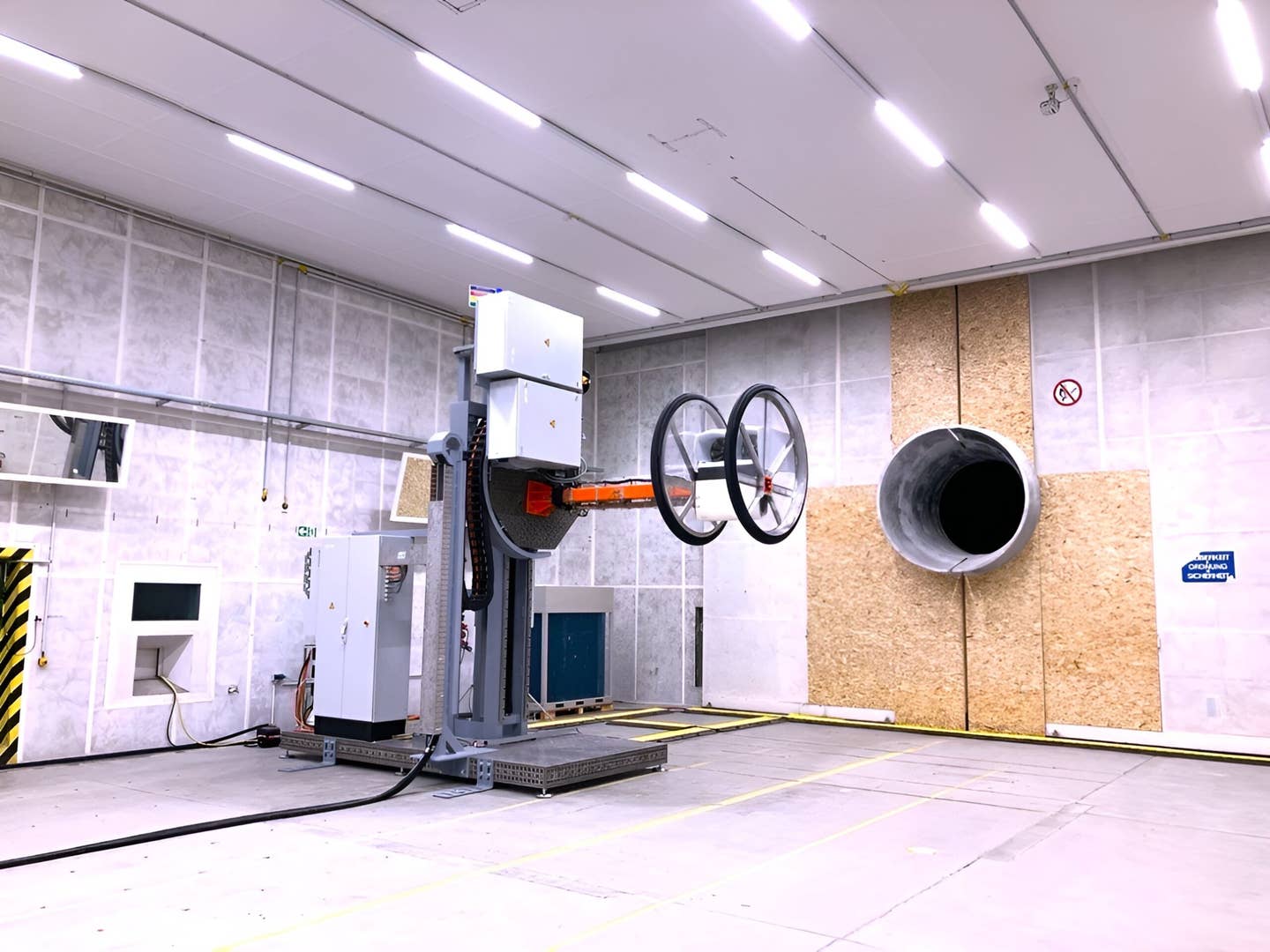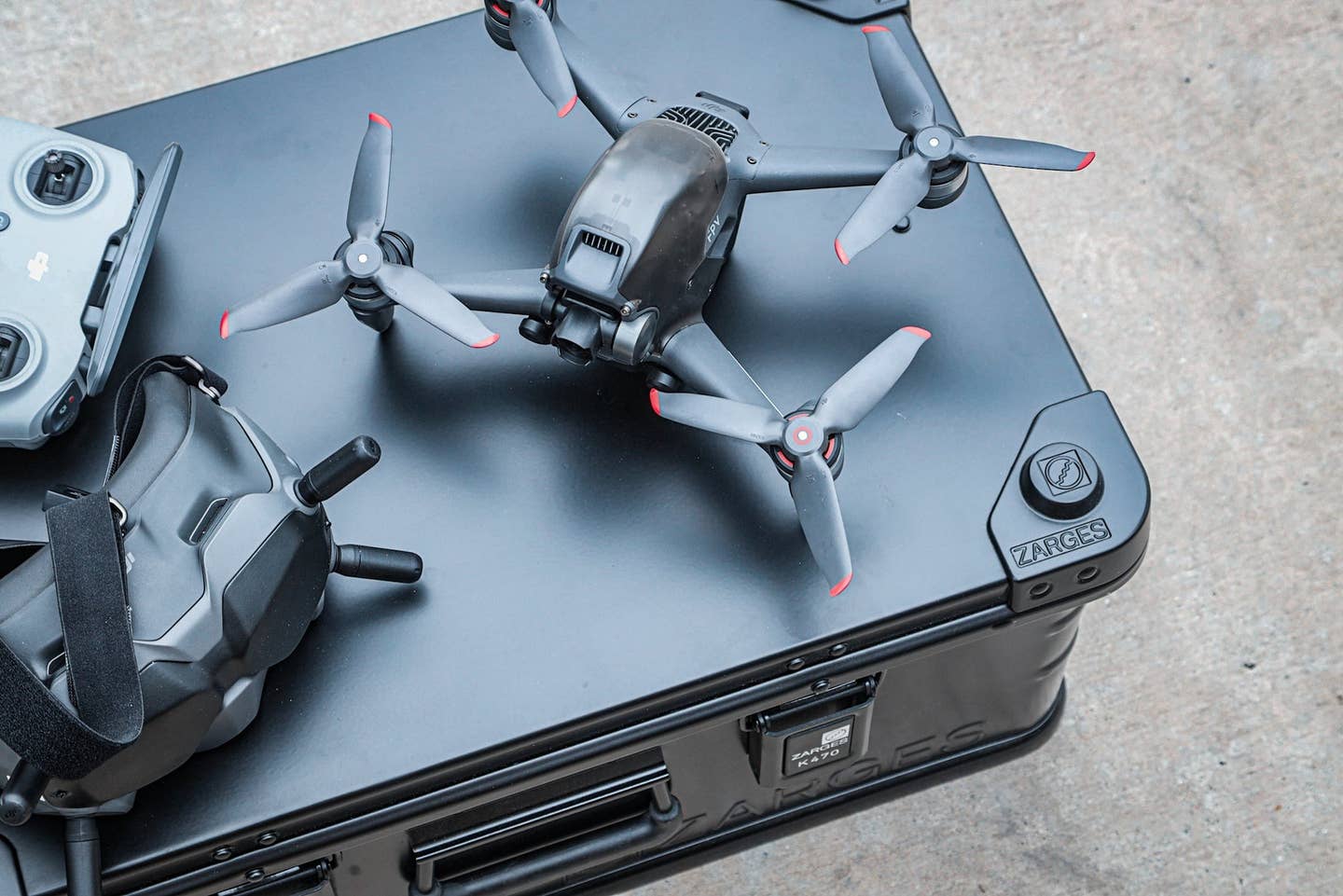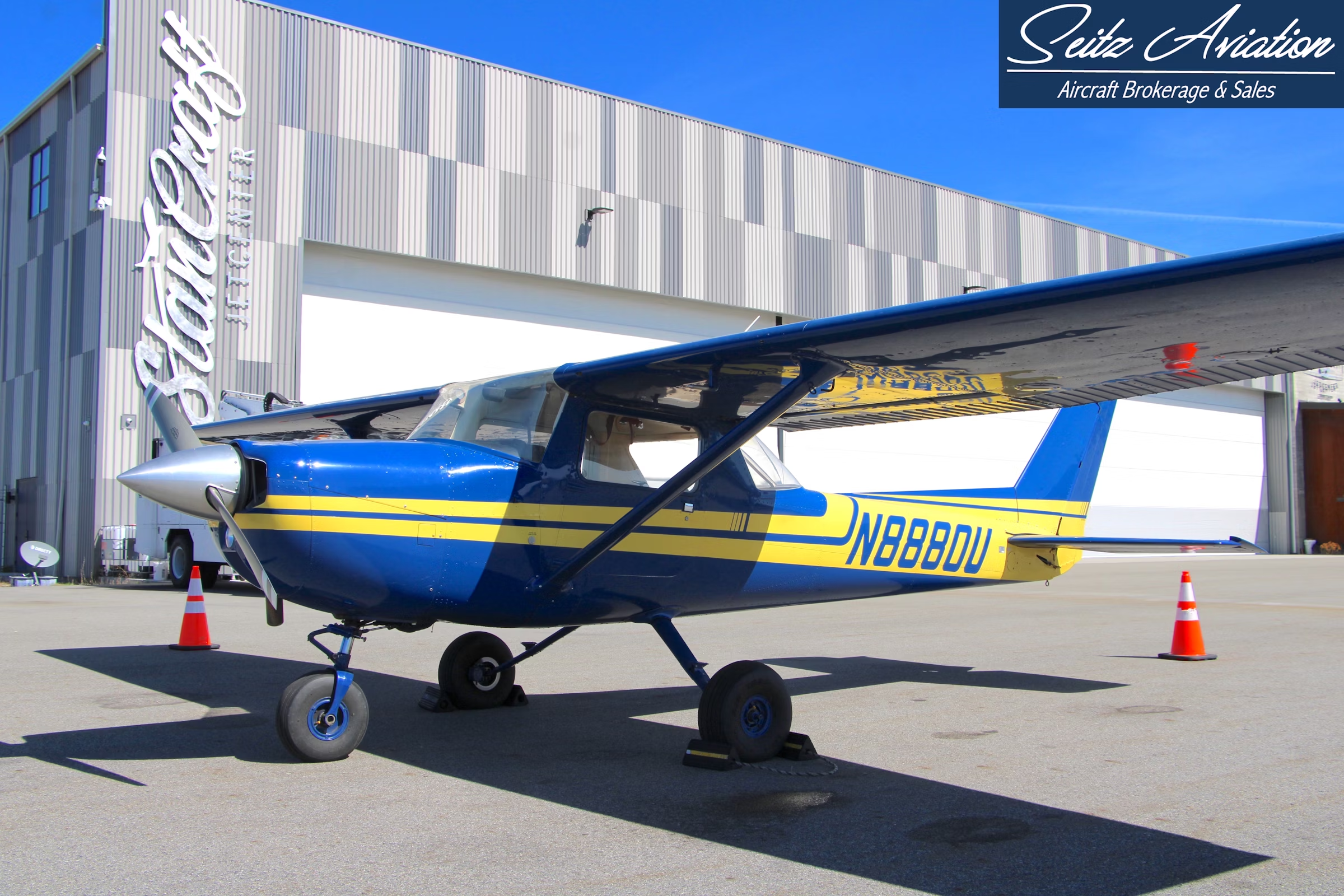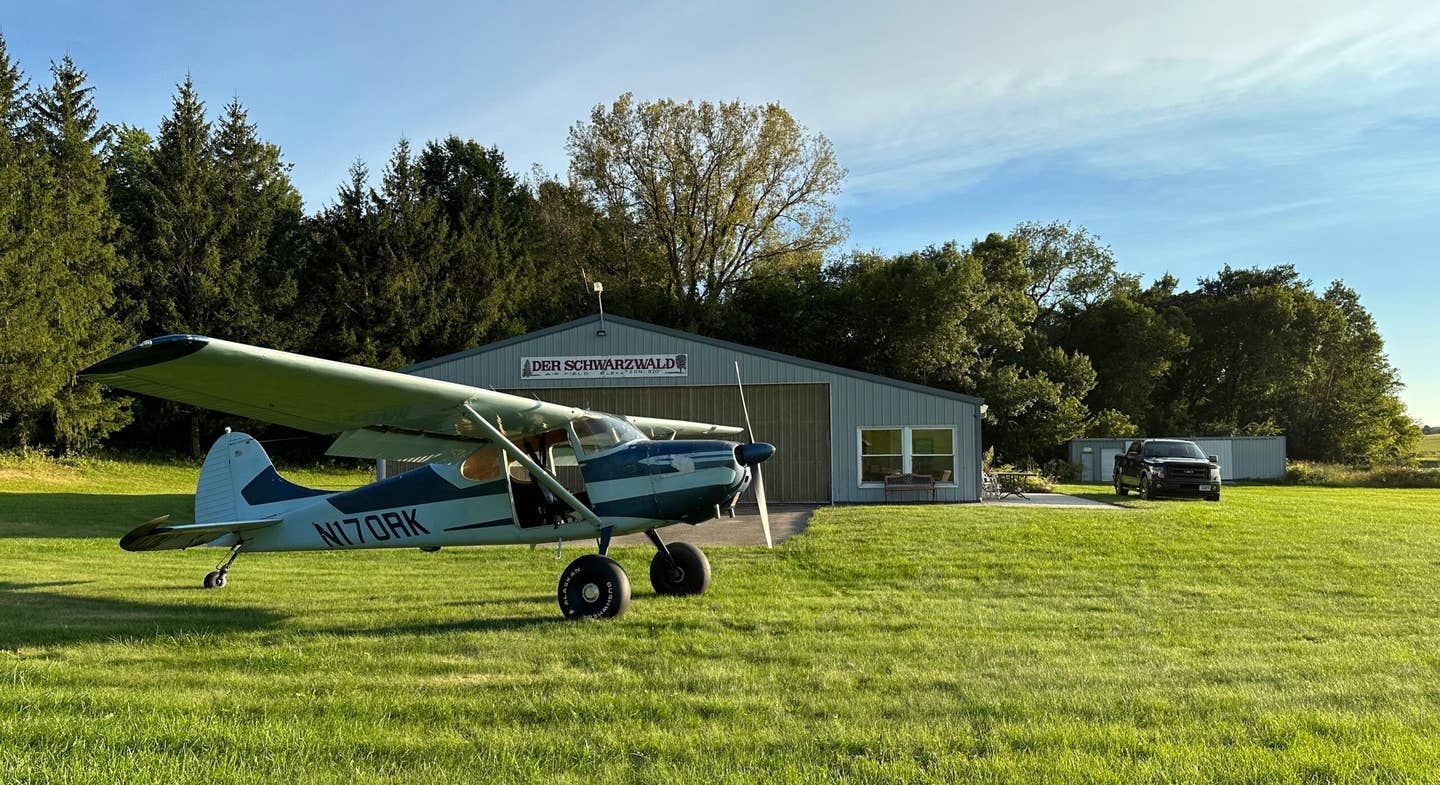Lilium Completes Initial Testing of eVTOL Jet Propulsion Unit
For the first time, the Lilium Jet’s electric engines were taken up to full throttle, which the company says represents a key milestone toward crewed flight.

Lilium’s eVTOL jet propulsion unit undergoes testing at the manufacturer’s headquarters in Munich, Germany. [Courtesy: Lilium]
Lilium, manufacturer of the seven-seat, electric vertical takeoff and landing (eVTOL) Lilium Jet, is gearing up for series production.
The German manufacturer on Tuesday said it completed initial testing of its flagship aircraft’s propulsion unit, comprising a pair of electric engines and mounting system. For the first time, the engines were taken up to full throttle on a test bench at the company’s headquarters in Munich.
According to Lilium, the propulsion unit performed as expected, representing a key step toward the aircraft’s first crewed flight planned for later this year. The firm will need to demonstrate crewed operations for the European Union Aviation Safety Agency (EASA) in order to receive type certification in 2025 ahead of a planned 2026 commercial launch.
“For my fellow co-founders and myself, the first test run of the Lilium Jet propulsion unit marks another high point in our journey,” said Lilium co-founder Daniel Wiegand. “It was our shared belief in the radical potential of electric jet technology that brought us together in 2015 and continues to drive Lilium.”
The propulsion unit engines were developed by Lilium in collaboration with a handful of suppliers. Honeywell and Japanese firm Denso supplied the electric motor, Dutch manufacturer Aeronamic provided the compressor fan, and Sweden’s SKF delivered electric motor bearings.
The mounting system, which forms the rear part of the aircraft’s wings and front aerofoils, contains the propulsion unit and a vectoring system.
The system is designed to power the Lilium Jet’s 10 independent battery packs, which feed 36 electric ducted fans. The fans are embedded in the aircraft’s fixed wings and allow it to take off vertically like a helicopter.
The jet will primarily serve routes between towns and inner cities, cruising at 162 knots on trips spanning 25 to 125 sm (22 to 109 nm).
Lilium began production of its flagship aircraft in December with the delivery of the first of seven fuselages to its assembly line in Wessling, Germany. Since then, it has begun manufacturing battery packs and installing an electric propulsion unit serial production line at the facility. Those systems initially will be deployed on the ground and eventually be integrated on the aircraft used for flight testing.
On Tuesday, Lilium said supplier Aernnova has completed the build of the propulsion mounting system. In addition, partner Sener this month delivered the first set of servo-actuators, which rotate the propulsion unit as the aircraft transitions between vertical and horizontal flight.
“Over the past years, we have invested heavily in the technology and secured extensive IP rights,” said Stephen Vellacott, chief technology officer of Lilium. “We now move a step closer to first manned flight and beyond that to the era of commercial electric flight.”
After obtaining EASA type certification in 2025, Lilium intends to secure the same approval from the FAA by leveraging a Bilateral Aviation Safety Agreement between the regulators. It is the only eVTOL manufacturer with certification bases from both the FAA and EASA.
In the U.S., Lilium intends for the jet to initially serve customers in South Florida and Southern California through a partnership with newly formed eVTOL operator UrbanLink, which in May placed an order for 20 aircraft. Earlier this week, UrbanLink partnered with Ferrovial Vertiports to build electric aircraft infrastructure in those markets.
Like this story? We think you'll also like the Future of FLYING newsletter sent every Thursday afternoon. Sign up now.

Sign-up for newsletters & special offers!
Get the latest FLYING stories & special offers delivered directly to your inbox






